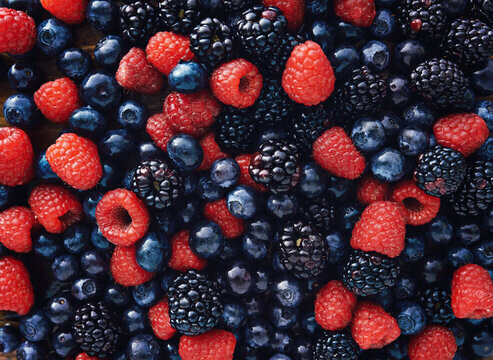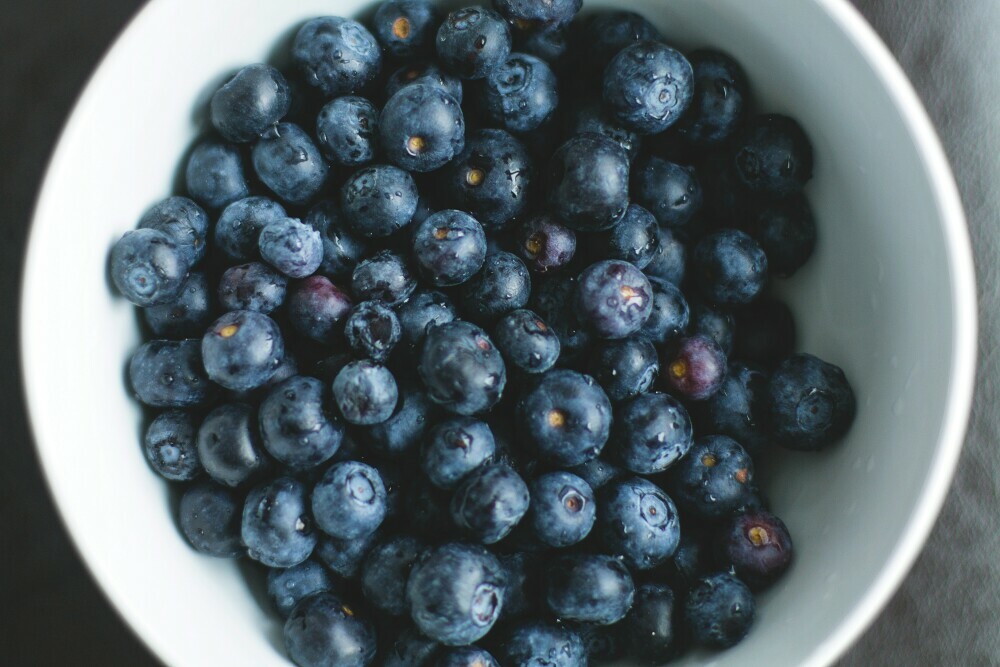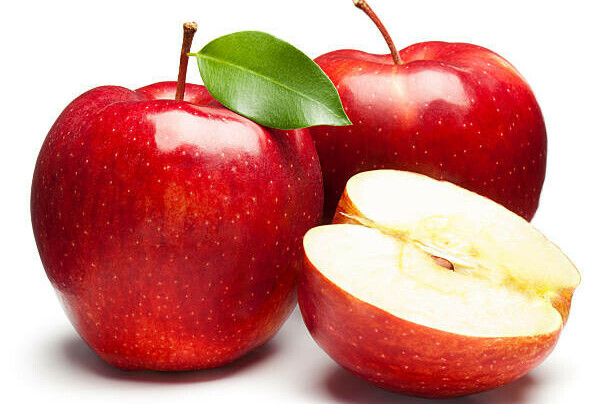LET ME EXPLAIN
The English language is replete with slang words, some of which may be disparaging. “Fruity” was used in past times to indicate someone who was gullible, someone who was “wacko” and very often to insult a male by suggesting he was effeminate.
Put that aside! My intention is to suggest that fruits are healthy to eat or drink. I may write about the benefits of nuts, with the title “Let’s Be Nutty”.
I don’t always eat as nutritiously as I might. This is one reason that I take several vitamins every day. But one thing I do correctly is to blend a fruit drink every morning for breakfast – with banana, lemon juice, ice and either black cherries or a mixture of pineapple. mango, papaya and coconut.
I had just finished messaging back and forth with a distant friend who was eating blueberries for breakfast. She told me about the Vitamin K and antioxidant levels in blueberries. I was impressed and had not eaten blueberries in a while.
This post will evaluate the health benefits of fruits, one by one. I will finish with sources that are relevant.

THE HEALTHIEST FRUITS
Ranked # 1 on the list of healthiest fruits, we find blueberries. We know from studies that consuming a third of a cup of blueberries daily can reduce the risk of type 2 diabetes and heart disease. Blueberries give us a powerful source of flavonoids and anthocyanins, which are antioxidants. They are also rich in fiber and Vitamin C.

Cherries can be sweet or tart, but they always contain polyphenols, which are high in antioxidant or anti-inflammatory properties. These are anthocyanins, catechin, epicatechin and hydroxycinnamates.
Pomegranate. This is an Asian fruit with sweet, crunchy seeds that are packed with nutrition. One cup of pomegranate seeds gives us 20% of our Vitamin C daily needs and 17% of that for Vitamin B. Eating pomegranate seeds or drinking pomegranate juice is known to boost athletic performance, heart health and brain function.
Raspberries – give us 9.75 grams of fiber per cup. This is 35% of our daily fiber needs. This gives us beneficial bacteria in our digestive tracts, preventing constipation and giving us a feeling of fullness.
Avocadoes – high in heart-healthy fats and fiber, but low in carbohydrates. High in vitamin C, vitamin E, folate and magnesium. Recent studies indicate that avocadoes support blood sugar regulation, weight loss and heart health.
Oranges. One navel orange covers 92% of our daily vitamin C needs. Vitamin C helps us with immune function, collagen synthesis and iron absorption. Citrus fruits, in general, support a lower risk of developing colorectal cancer.
Apples – are high in soluble fiber, which promotes healthy blood lipid levels by decreasing cholesterol absorption in the digestive tract. An “apple a day” helps us to avoid high blood pressure and heart disease.

Grapefruit – tart-tasting citrus fruits. A cup of grapefruit segments will give us almost 100% of our vitamin C daily needs, which benefits our skin, heart and immune system. Grapefruits are also loaded with flavonoids, which have anticancer properties.
Peaches. It is better for us to eat peaches in their whole form, as opposed to peaches in pies. Fresh peach peels and pulp have high antioxidant and anti-inflammatory value, as well as vitamins C and A, potassium and fiber.
Blackberries – are sweet, juicy and loaded with vitamins, fiber, minerals and protective compounds. They are powerful antioxidants, protecting against cellular damage and heart disease factors, such as high blood pressure.
Strawberries – are not only popular with adults and children. They provide a variety of minerals and vitamins to maintain our skin and heart health. The folate and vitamin C produce collagen, which maintains the volume, elasticity and hydration of our skin.
Grapes – are high in polyphenol compounds, such as flavonoids, phenolic acids and resveratrol. Resveratrol protects against age-related health conditions by producing sirtuins, which are thought to have longevity values.
Mangoes – are tropical fruits with a bright orange appearance and sweet taste. They are rich in vitamins A and C, which are essential for immune system function. They also support digestion and elimination, as well as reduced intestinal inflammation.
Apricots – are small, orange colored fruits that are rich in vitamin C, vitamin A and potassium. They give us a great source for beta-carotene, which protects against colorectal cancer and heart disease.
Pineapples – sweet fruits, often eaten raw or added to smoothies to drink. They are loaded with manganese, copper, vitamin C and an enzyme called bromelain, which has antibacterial, anti-inflammatory and immune support properties.
A COUPLE OF TIPS
The American Heart Association recommends that we have 4-5 servings of fruit per day. A serving is considered a half cup of fruit or one that is approximately the size of our fist. Fruit may be included in a diabetes-friendly diet by reducing fasting blood sugar levels.
It’s possible to overdo fruit intake because of the good taste and ease of eating. It is always best to leave room for other healthy foods.
It is best to eat fruit fresh or frozen, but not sweetened with added sugar. Fresh fruit, like apples or oranges are great portable snacks and can be paired with cheese or nuts to include protein.
AMAZON
I am an Amazon associate and an affiliate marketer. Amazon links are added to my articles to provide easy source choices. I may earn from activity on the links, which is how affiliate marketing works. See my upper menu – BECOME AN AFFILIATE MARKETER – for details on this.
The links will show a few items from Amazon. Look for complete information, pictures, pricing and suggestions for similar items. Whole Foods is a partner of Amazon and their grocery links will be shown as well, Whole Foods can be ordered through Amazon.
Ninja professional smoothie and food processor
FINAL THOUGHTS
To summarize, fruits are excellent sources of essential vitamins and minerals – and high in fiber! Fruits also provide a wide range of healthy antioxidants, including flavonoids. Eating a diet high in fruits and vegetables can reduce the risk of developing heart disease, cancer, inflammation and diabetes.
Please leave me any comments or questions in the “Comments” section below.
Let’s stay healthy!